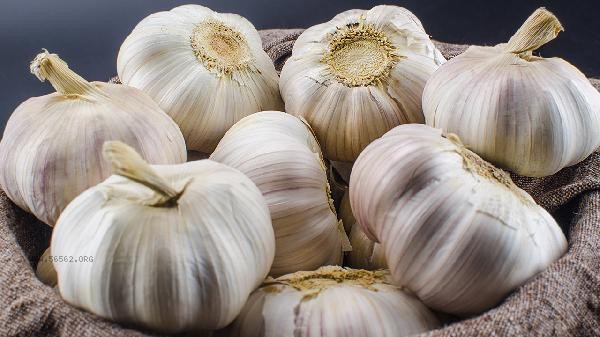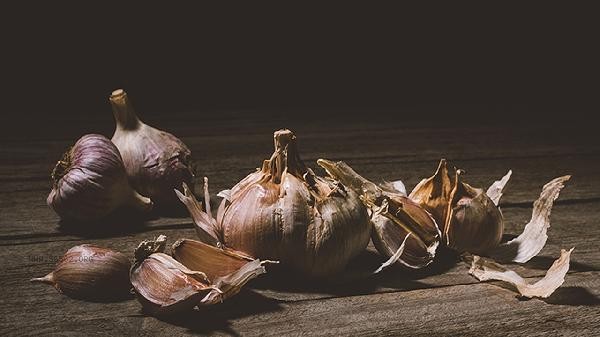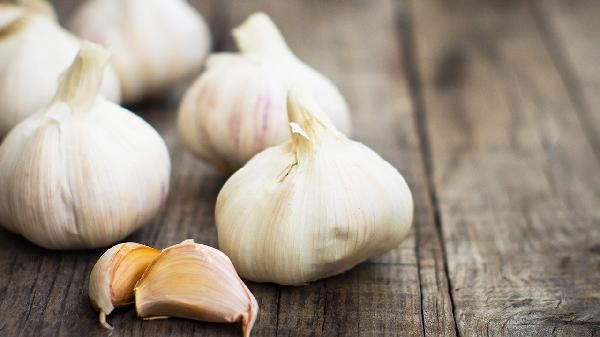Fresh garlic can be stored in a cool and ventilated place, refrigerated, hanging, vacuum, pickled, and other methods to extend its shelf life.

1. Store in a cool and ventilated place
Place intact and unpeeled garlic cloves in a mesh bag or bamboo basket, and keep them in a cool and ventilated place, avoiding direct sunlight and humid environments. This method is suitable for short-term storage and can maintain the dryness of garlic cloves, preventing germination or mold growth. Pay attention to regular inspections and remove garlic cloves that have become soft or sprouted.
2. Refrigerate storage
Split the garlic cloves and place them in a breathable fresh-keeping bag, then place them in the fruit and vegetable compartment of the refrigerator. Low temperature can inhibit garlic germination, but high humidity may cause garlic cloves to soften. It is recommended to remove them every week for ventilation. The peeled garlic cloves should be sealed and refrigerated, and should be used up within a week.
3. Hang and store
Braid garlic with stems and hang it under the eaves or in a well ventilated kitchen, using air circulation to keep it dry. Traditional methods can be stored for several months, but it is necessary to avoid dampness during the rainy season. Suitable for rural areas or well ventilated environments, garlic cloves will naturally air dry into dried garlic during storage.

4. Vacuum preservation
Place intact or segmented garlic into a vacuum bag and evacuate the air to isolate oxygen and delay oxidation. This method can be stored for several months with minimal loss of flavor, but requires specialized equipment. After opening, it should be used as soon as possible, and the remaining part can be refrigerated for short-term storage.
5. Pickled and preserved
Garlic cloves are peeled and soaked in vinegar, honey, or soy sauce to make pickled garlic, which can be stored for several months in refrigeration. Sweet and sour garlic, Laba garlic and other methods can both preserve and enhance flavor, but the high sodium content requires controlling the amount consumed. The marinade should completely cover the garlic cloves to prevent spoilage.

The method of storing garlic should be selected according to usage needs. For short-term consumption, ventilation or refrigeration is recommended, while for long-term storage, hanging or vacuum is preferred. Avoid mixing garlic with easily sprouted vegetables such as potatoes, and place food desiccants in damp environments to prevent mold growth. Sprouted garlic, although edible, has a reduced flavor. If black spots or odors appear, it should be discarded. Timely sealing after daily use and reducing contact with air can effectively extend the shelf life.









Comments (0)
Leave a Comment
No comments yet
Be the first to share your thoughts!